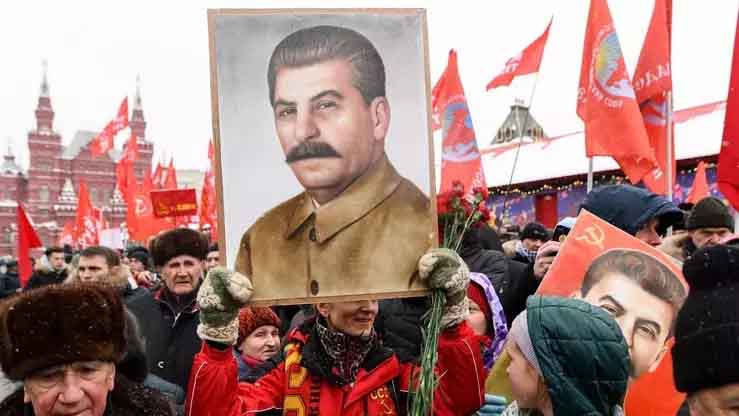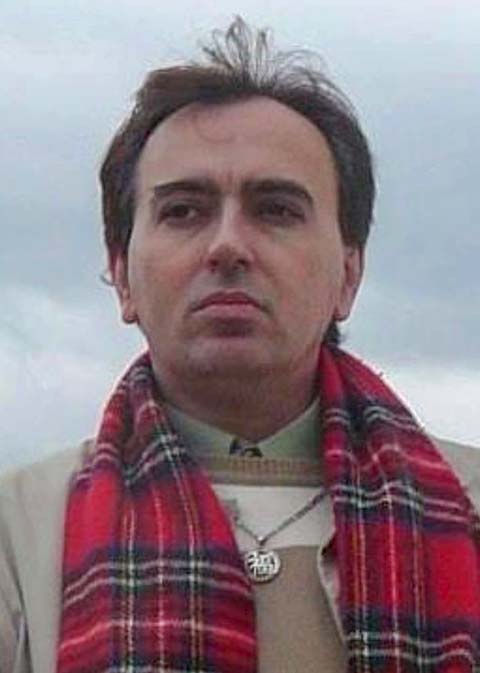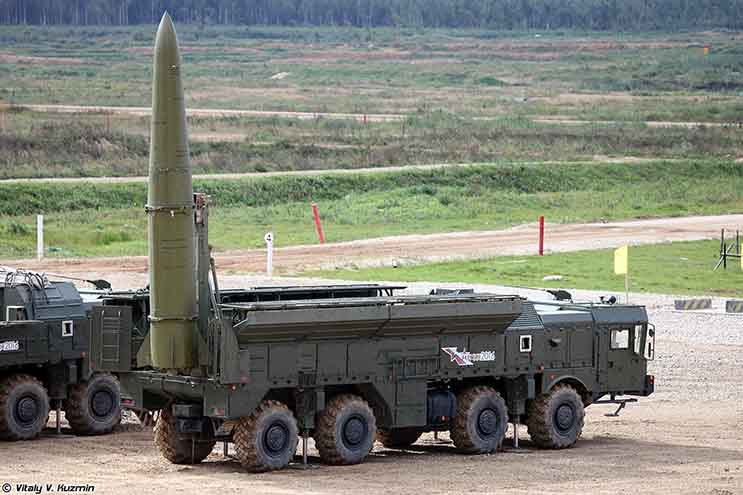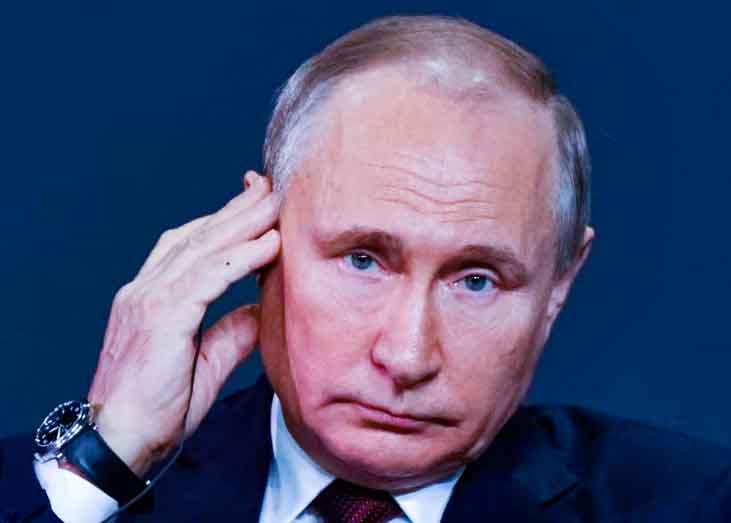In today's news on February 22, 2022, I read the following headline: “Moscow’s envoy to the UN gets notice of 12 more staffers being expelled while holding a press conference.” This made me pause. The problems with this action are that
- Russia is one of the permanent Security Council members.
- The United Nations' host country should never engage in politics with the world community
This is a very dangerous move to kick Russia off the Security Council, or to take away its veto power. If this happens the UN ceases to exist. It will morph into something new. A Post-Russia UN. But it won't be the UN.
Russia inherited the seat from the Soviet Union on the UN security council according to the principle of "State Succession." This is a rational principle. It is on the basis of this principle that the Communist People's Republic of China, rather than the Republic of China (Taiwan), occupies its own seat. It is also on this principle that the UK and France occupy their own security council seats. The seat occupied by the UK was originally the seat occupied by the British Empire. The seat occupied by the Fifth Republic of France was originally occupied by the Fourth Republic of France. We don’t see this because, when applied smoothly, the principle of "State Succession" is seamless and neither the public, nor the shallower historians notice its importance. Only the United States of America is an original seat-holder of the five permanent foundational veto-power-holding seats on the UN Security Council. Removing Russia (towards which a small step was made by expelling diplomats from the Russian UN mission) leads to a repudiation of the post 1945 world — which of course has been long in coming.
We all in the West are playing a dangerous game with Russia. It doesn't matter that they are wrong on so many things, up to and including the current war (for which they cannot alone be blamed). What matters is where we are all going. We, in the West, seem to think that isolating Russia will work towards some goal that ultimately benefits us. It won't. Russia has a very long history of self-isolation, longer than any country other than China. It's even longer than that of Japan.
Japanese Sakoku began in 1648 in Japan under the Tokugawa Shogunate and lasted until 1855, when it ended with the Treaty of Shimoda. The text of the Sakoku order begun with the following words:
No Japanese ship... nor any native of Japan, shall presume to go out of the country; whoever acts contrary to this, shall die, and the ship with the crew and goods abroad shall be sequestered until further orders. All persons who return from abroad shall be put to death.
China practiced isolation many times in its history. During the imperial era, and during Mao Tzetung's era.
Russia was essentially a radical isolationist from the time of Mongol Invasions till the rise of Ivan the Terrible, but in practice it wasn't until Peter the Great that Russian isolation ended. So, from c. 1242 to c. 1700 — a period of over 450 years — Russia was on another planet, planet Rus, not planet Earth.
The consequences of socio-cultural and political isolation are multi-layered. Spanish isolation (which was far lighter than the Russian, Japanese or Chinese ones) led to the arrest of the spread of any enlightenment ideas which oftentimes were viewed as Protestant and thus heretical. This isolation led ultimately to the Spanish Civil War and to Franco. Iran has been mostly isolated from much of the Western world since 1979, and we can see how well that is going for us.
Japanese isolation stopped the spread of Christianity and allowed the Japanese to make significant structural reforms and modernizations. These ultimately lead to the re-emergence of the Empire of Japan as a major Pacific Ocean military power which defeated the Russian Empire in 1905 and then led to World War II.
Chinese isolation has always made the regime stronger and more Chinese. It centralized Chinese power around the ruling elite and, till today, has made the task of the West all that more difficult. The cultural-revolution in China was only possible because the nation was isolated. It is possible that China will self-isolate again. We forget that China is not just a country or a state, or even a ruling Han regime, but a self-contained Civilization that has no need for us in the West, they are after all the Celestial Kingdom.
This is the insight needed to understand the future consequences of isolating Russia. Russia is also a self-contained Civilization. Russia is distinct from us, in language (they have their very own script shared only by a handful of non-Russian countries). 85% of the world's Orthodox Christians are Russian, so they have mostly their own religion which they share with very few outsiders. They have their own music, their own art, their own universities, and their own space-program. Do they really need us? Maybe we need a divorce from Russia. But how far should we go? We should all avoid irreversible actions. That is why murder is wrong. That is why using nukes is wrong. Paradoxically: wars are not, in principle, irreversible. You can rebuild destroyed cities and the people who died (who were murdered, but would have died anyway) will be followed by a new generation. This is harsh — it seems callous, but murder and destruction — unless of the atomic type is not irreversible. Some political decisions are, in fact, irreversible.
In 285 AD, Emperor Diocletian divided the Roman Empire in half, ostensibly for administrative reasons — the empire had become too big to govern by one man, so he reasoned. That division is the basis of today's European politics, 1,737 years later. You can draw a line along the Iron Curtain or along the western border of East-Central Europe and match it up with Diocletian’s line.
On July 16, 1054, the Patriarch of Constantinople Michael Cerularius was excommunicated by the Roman Pontiff. That division is the basis of today's Western and Eastern Christianity, and of the change in alphabet from Latin to Cyrillic. (Lenin apparently opted to keep the Cyrillic alphabet rather than make a change to Latin during the October revolution.)
The rise of Islam, the invention of the Hangul Alphabet in Korea, the conversion of the natives of Ibero-America — these are divisions that actually matter. Wars, political elections, treaties, are all surface phenomena. Real divisions are the ones that, in a long-term, affect the day-to-day lives of the average citizen. The longer such a division lasts, or the deeper that it cuts, the more profound the split, the more alien the two groups become to one another in subsequent years.
The Korean King Sejong the Great, in 1443, invented the Hangul alphabet. He worked in a great tradition of other great alphabet inventors, like Saint Methodius who invented the Cyrillic Alphabet used today by Russia; or Saint Mesrob who invented the two alphabets used today by Armenia and Georgia (which successfully isolated them from Islam). This invention created a border of incomprehension around them.
Mustafa Kemal in modern Turkey (in the 20th century) understood that abolishing the Arabic script used by the Ottoman Empire in favor of the Latin alphabet would integrate the Turks into the Western world. Sejong in the 15th century understood that abandoning Chinese script in favor of a new Korean native writing system would liberate Korea by isolating her from China. The end result is that there are, in fact, Koreans today, that Turks feel closer to Paris than to Mecca, that Serbians (who write in Cyrillic) feel closer to Moscow than Croats (who write in Latin script) do, even though both Serb and Croat are the same language when spoken.
By isolating Russia, a nation that has a tradition of multi-century isolation, we accomplish nothing good. You cannot isolate France, you cannot isolate Poland, you cannot isolate India. These are not worlds that work well in isolation, they spill over, they always have. But you can isolate an island.
Russia is an island. It doesn't look like it, but it is. Its centers of population are so far from us that, without the bridges we have carefully built over the last 322 years (since the death of Peter the Great), they are like Brittain, which just isolated itself from Europe with Brexit. Russia will survive and develop without any input from us, or even without any understanding from us. When we do reconnect in the future, in one, or two generations or maybe more, we will be even more alien and strange to each other.
Russia was under Soviet Communist isolation for over 70 years — three generations. I think the current regime can easily set up (or has already set up) a system that can last that long, maybe even longer. Once we cut all our ties with Russia, even those through the UN, we will liberate them from us, but this won't be to our benefit. We will remain integrated, but they will develop on their own, in ways that will not make them weaker, but more Russian. Much more Russian. Much further away from us.

Russians hold portraits of Soviet leader Joseph Stalin as they gather to mark Stalin's 139th birthday in Red Square, Moscow, in 2018. [Kirill Kudryavtsev/AFP]
CODA
I forgot to mention in my essay North Korea and their principle of Juche. Juche means “self-reliance” and it is an articulated concept understood by many people and many nations around the world. All of us understand the integrity and the importance of relying on oneself. I have often heard the Polish phrase “Umiesz liczyć? Licz na siebie.” (Do you know how to count? Count on yourself.) By self-isolating, the radically isolationist Communist regime of North Korea justified its actions along the Juche principle.
Russia has a powerful strain of self-reliance, so do people in Texas (so it’s universal). The idea that isolating someone works, is based on an assumption that there is more benefit in being connected than in being unconnected. But this assumption ignores “self-reliance.” It treats “self-reliance” as autonomy.
An adult child is meant to be autonomous — and thus “self-reliant” — but not disconnected from its parents and extended family. Yet, it is very often that “self-reliance” is the consequence of being abandoned. Orphans, especially in war or in situations of natural disaster, need to develop rapid skills of “self-reliance.” This kind of “self-reliance” is not mere autonomy — it is a form of renunciation. It isn’t a choice to navigate the world in a self-reliant way when you are an orphan, it is rather a necessity. You cannot compare the psychology of an orphan (who lost his/her family) at, say, age 17, with a peer who moved out at age 17 but retained regular contact with his/her family. The two individuals exist in two different worlds of “self-reliance” — the latter is autonomous, the former is completely and utterly on their own; the latter can turn for help in times of emergency to his family, the former has no one to turn to. That is Juche.
The Russian name for it is: независимость (nezavísimost) - if you break it down, the first two letters are the antonym “no” which is followed by the word зависимость which means “dependence.” Thus in English, независимость it is usually understood as “independence” and one can assume that that is what Juche means in Korean. But that is only partially a good translation. The Russian word зависимость doesn’t just mean “dependence,” it has another meaning, that of “addiction.” The proper way to understand независимость is not that it means “independence,” but that it means “non-addiction.” Juche, in North Korea, is understood this way. Isolation, and thus “self-reliance,” is a form of liberation from crutches, from an addiction. Practicing “self-reliance” is thus a form of healing.








